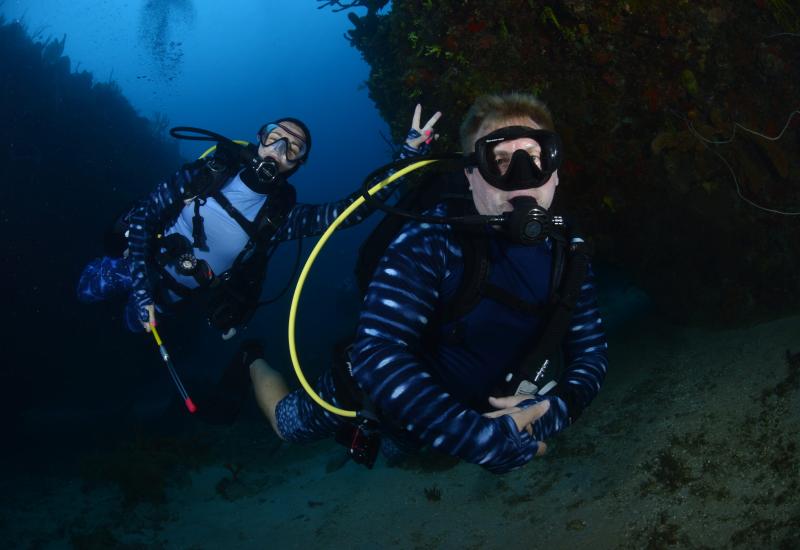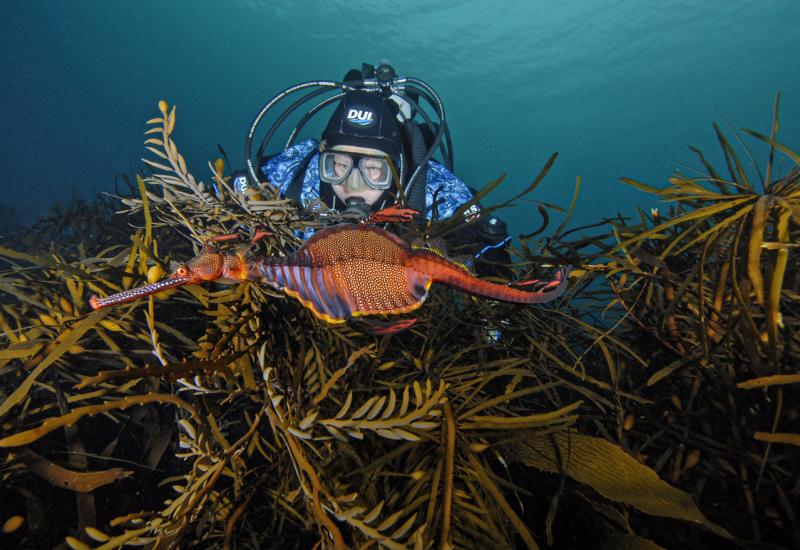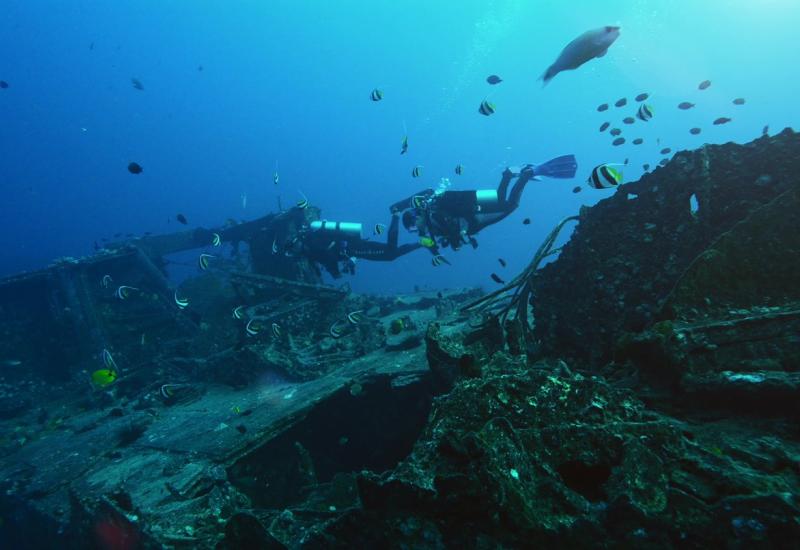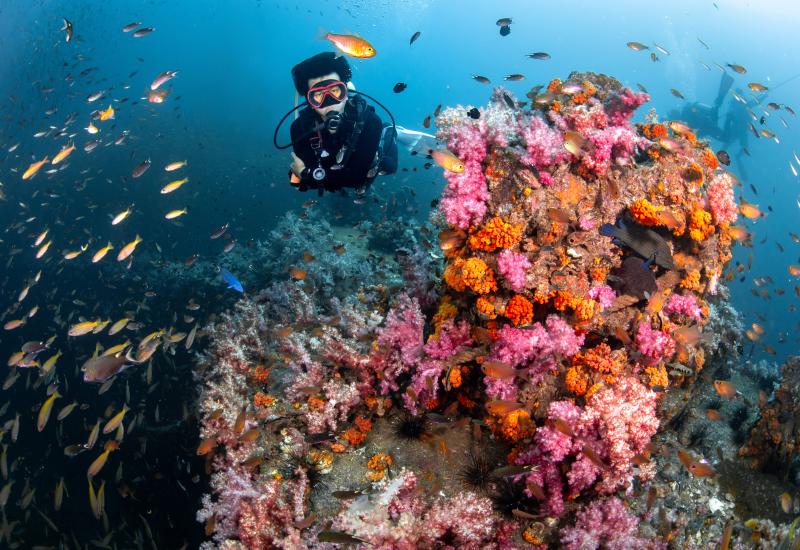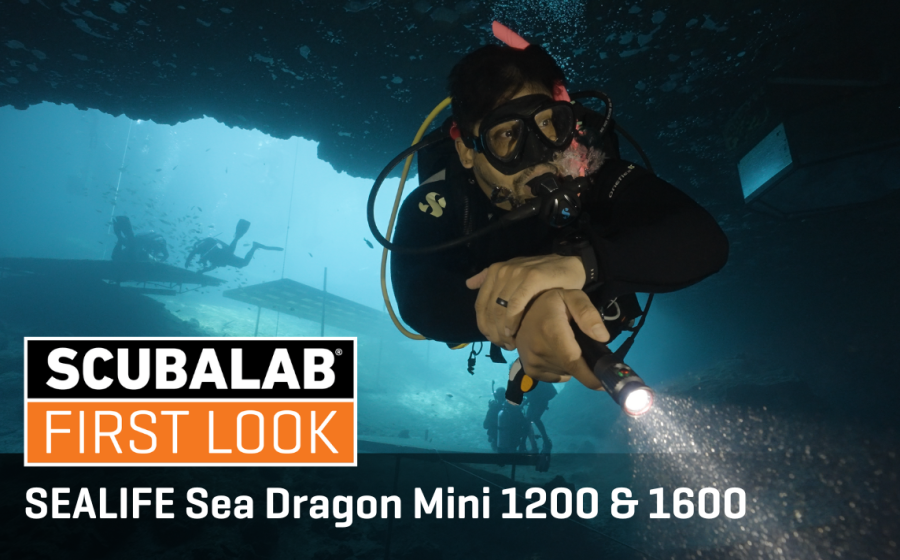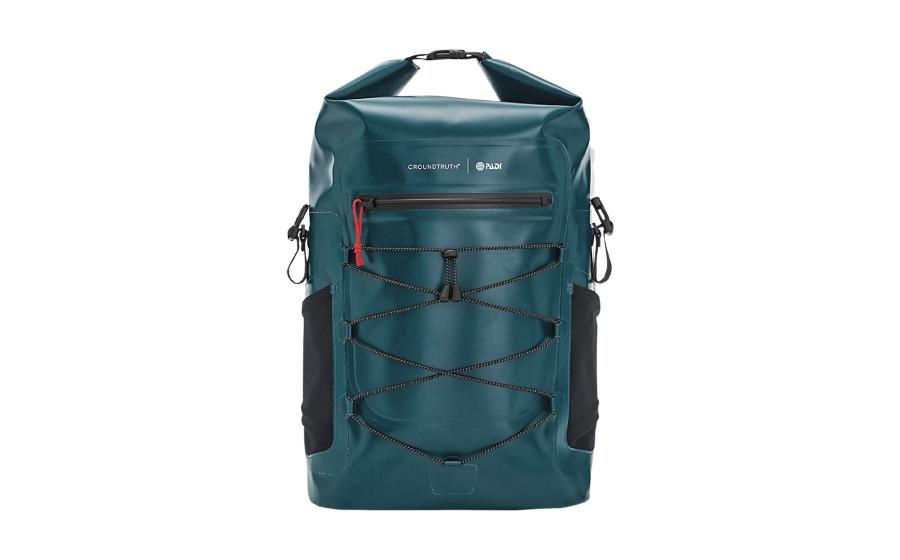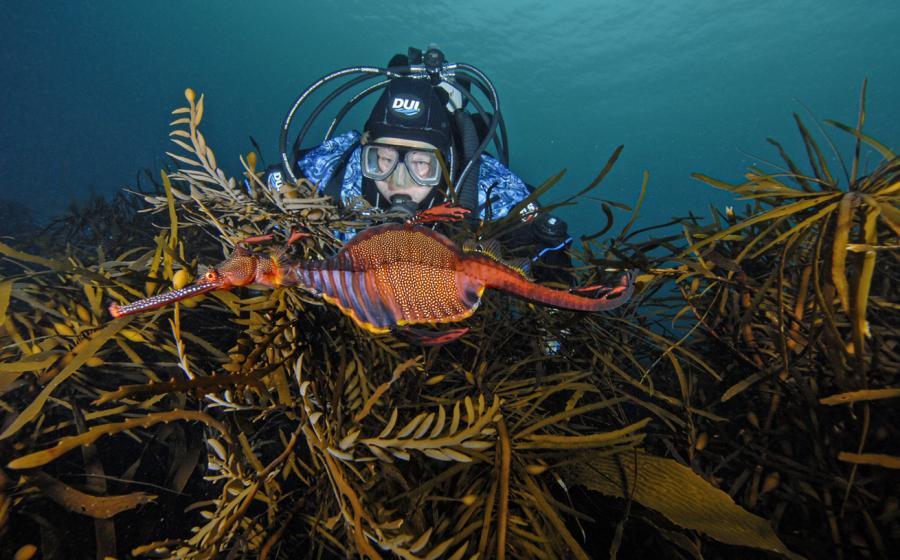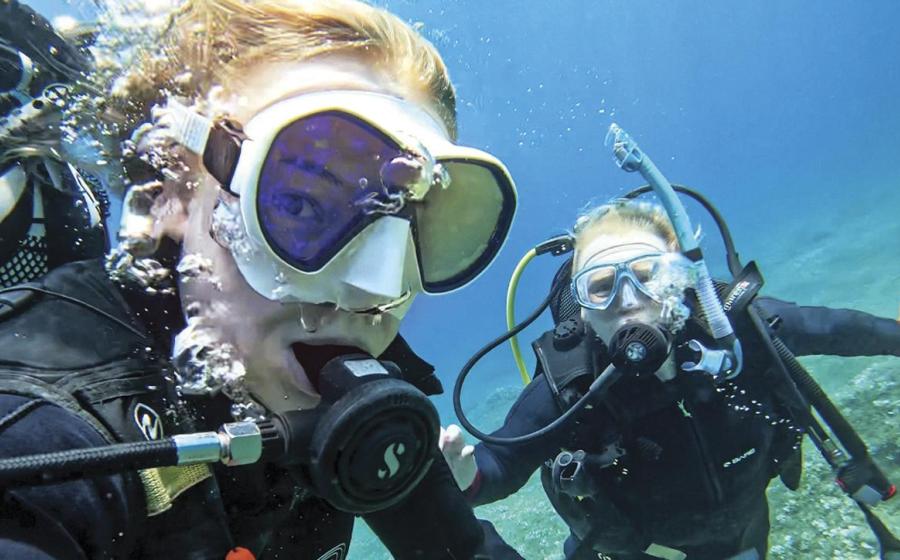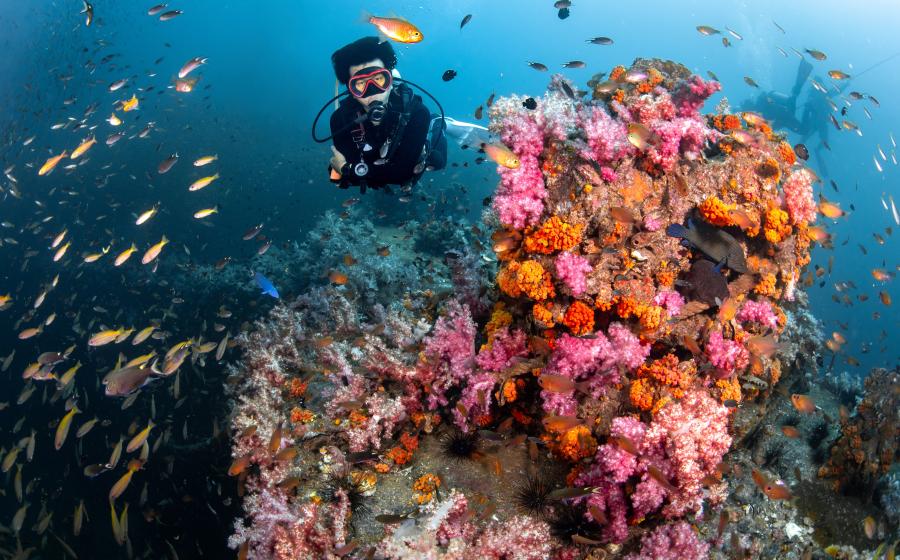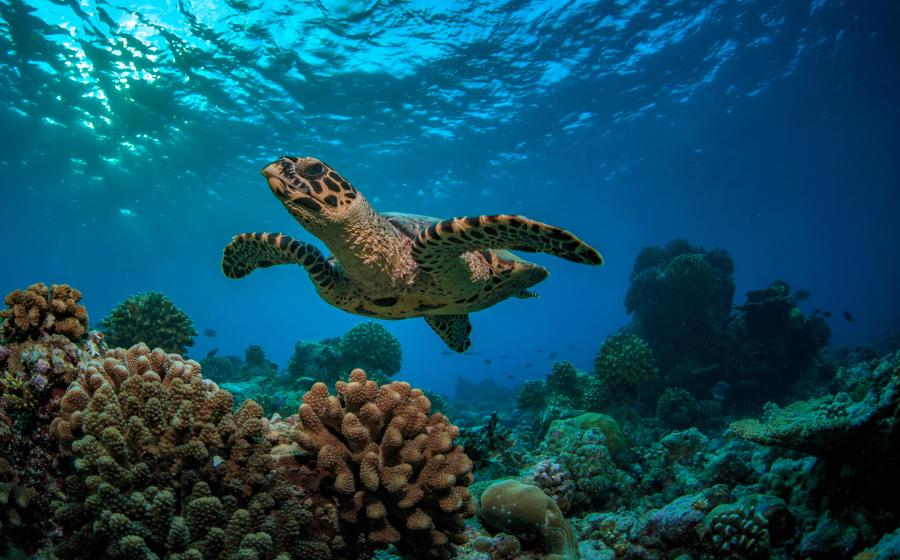Saba: A Beautiful Haven for Scuba Divers and Nature Lovers

Laura GrierFormerly part of the Netherlands Antilles, in 2010 Saba became part of a special municipality of the Kingdom of the Netherlands, along with the islands of St. Eustatius and Bonaire.
Plan a getaway to Saba and discover an island that seems to belong to the Caribbean of yesteryear, a magical place that offers towering hills, stunning views of the sea, tropical flowers, friendly locals, and a misty cloud forest. There are no traffic lights, massive high-rises, chain restaurants, crime nor mega cruise ships docked in the harbor. The island is pristine and untouched, from its verdant rainforest to its stunning coral reefs and pinnacles. Perhaps best of all, you’ll be warmly welcomed by the island’s residents, starting the moment you arrive.
The five-square-mile island is located in the eastern Caribbean, 28 miles southwest of St. Maarten, which is where you’ll hop on a small plane to take a 12-minute flight or a ferry for a 90-minute crossing to begin your vacation. (For the latest details on visiting Saba, visit the Travel Requirements page on the Saba Tourist Bureau website.)
Saba is in the northern part of the arc of islands making up the Lesser Antilles. The chain was created as the result of ancient volcanic activity; Saba is actually a dormant volcano. Eons ago, when the volcano pumped out magma, it laid the foundation for hillsides carpeted by lush rainforest, orchids and bougainvillea and forged an underwater seascape punctuated by towering pinnacles cloaked in corals and sponges.
“One-third of the island is designated as a national park,” says Malinda Hassell, who has roots on the island and is the director of tourism. “The national park and marine park show our deep commitment to the protection of nature.”
That commitment is evident both topside and underwater. Most visitors come to Saba for the diving — the island has 30 sites all just a short boat trip from the harbor — but the hiking is equally spectacular.
Nature lovers can hike more than two dozen trails, ranging from the arduous, calf-burning hike to the top of Mt. Scenery, the pinnacle of the island’s cloud forest, to shorter and easier trails that can be completed in under an hour.

Laura GrierHikers can choose from more than two dozen trails, ranging from the strenuous to shorter, simpler trails that can be finished in under an hour.
“My favorite is the Sandy Cruz Trail,” says Stephanie Peterson, who was born and raised on the island and is the receptionist at the Saba Tourist Bureau. “It goes through the rainforest and around the mountain and has a lot of stunning viewpoints — you can see the North Coast and the neighboring islands.”
“I like Mas’ Cohone’s Hill Trail,” Hassell says. “It is a short hike through rainforest that ends with a great view of Windwardside.”
The island’s four main villages — Windwardside, Zion’s Hill, St. John’s and Bottom — are brimming with Caribbean charm. “All the houses in every village are white, with red roofs and green shutters, making it so picturesque,” says Hassell. “It’s not dictated by law, but everyone just maintains that tradition.”
Windwardside is good for restaurants and shopping for souvenirs and is the jumping-off point for hiking the Mt. Scenery Trail. Zion’s Hill has a lovely view of the airport. From St. John’s, you can see the neighboring islands of Statia and St. Kitts and Nevis. The Bottom, which is the capital, is steeped in history, as well as being located close to the popular tourist spots, Ladder Bay and Well’s Bay. Ladder Bay gets its name from the 800 steps hand-carved into the rocks. Prior to the road being built to Fort Bay, this is where locals received supplies. Well’s Bay is a rare stretch of beach, which appears and disappears with the tide.
“We don’t have white-sand beaches, which surprises many tourists,” says Peterson. “But Well’s Bay or Tent Bay has a lovely black-sand beach.”

Laura GrierThe Harry L. Johnson Museum is located in a 19th-century sea captain’s cottage at the end of Park Lane in the historic district of Windwardside.
A thriving arts community also thrives on the island. If you want to take home a souvenir to remember your vacation, you can buy intricate Saba lace made by local needleworkers, hand-crafted jewelry and other items of art, and Saba Spice, a sweet, homemade rum-based liquor.
The island is situated close to St. Maarten, Statia and St. Kitts and Nevis, so you can also arrange to do some island-hopping by taking a ferry. Of course, you may be content to spend your entire vacation on this sequestered paradise.
However you choose to experience Saba, you will love how away-from-it-all it is. “We are such a small community, so there is only so much we can do to expand any tourism products,” says Hassell. “Because of our infrastructure and topography, we can’t cater to masses, which puts us in a unique position as a destination. Our slogan, ‘The Unspoiled Queen’ shows how our community has been brought up — to keep the island pristine, clean and preserved.”
Part of the chorus of the island’s national song is “Saba, oh jewel most precious, in the Caribbean Sea.” Indeed, the island is an unspoiled gem, just waiting for you to discover it.
Contact Information:
+599-416-2231 or +599-416-2322

